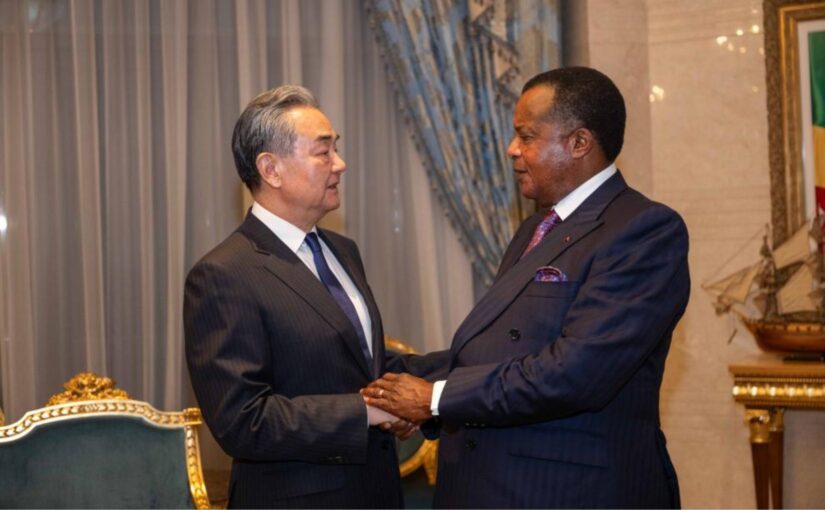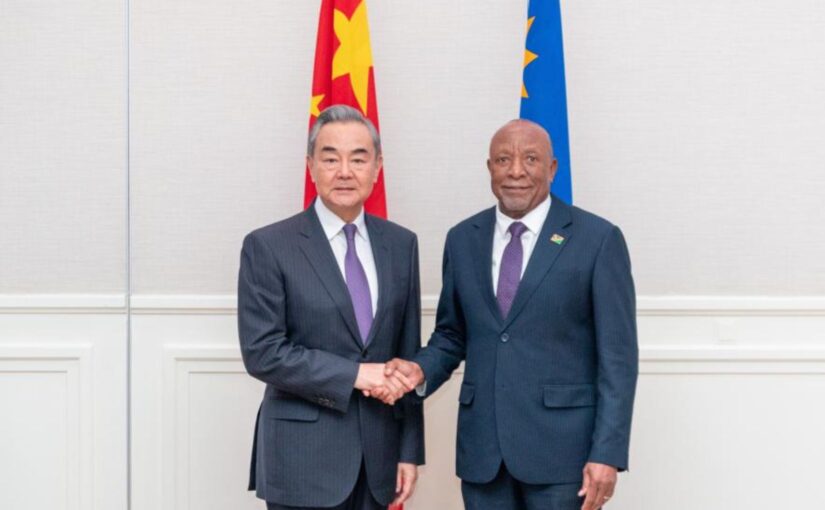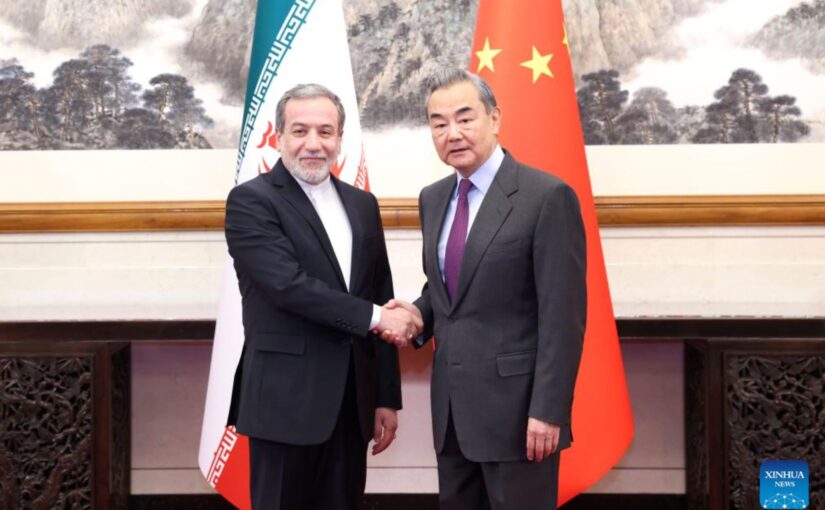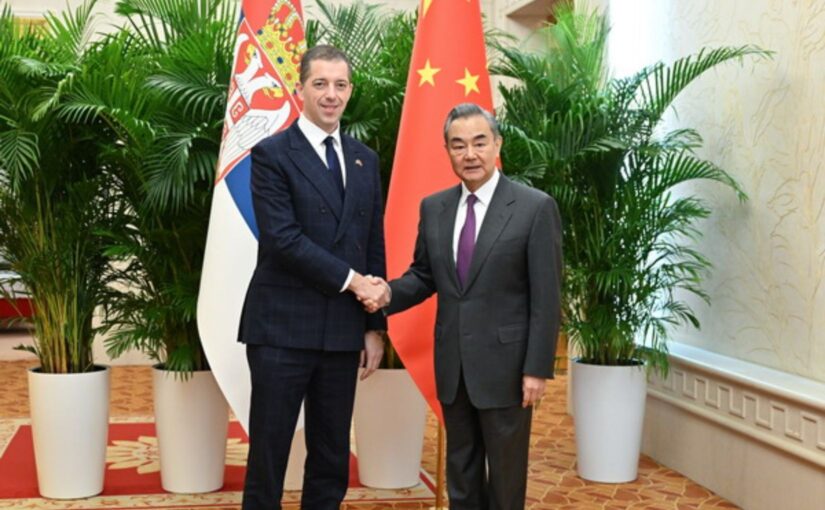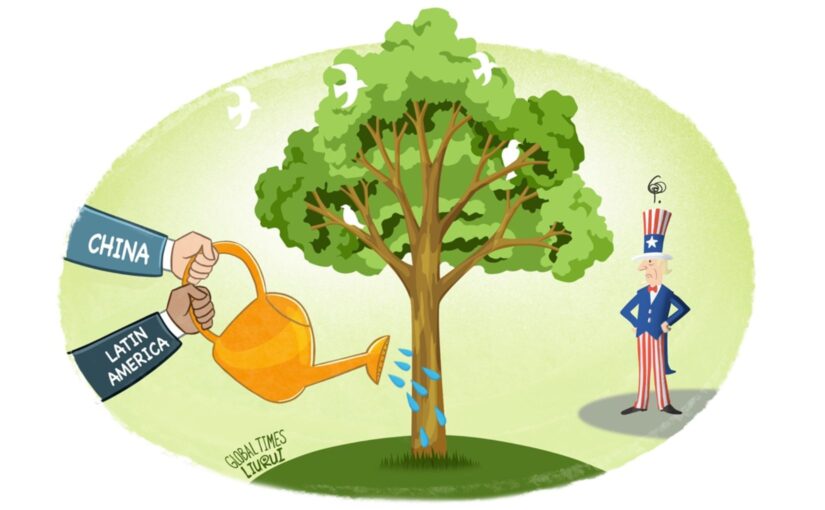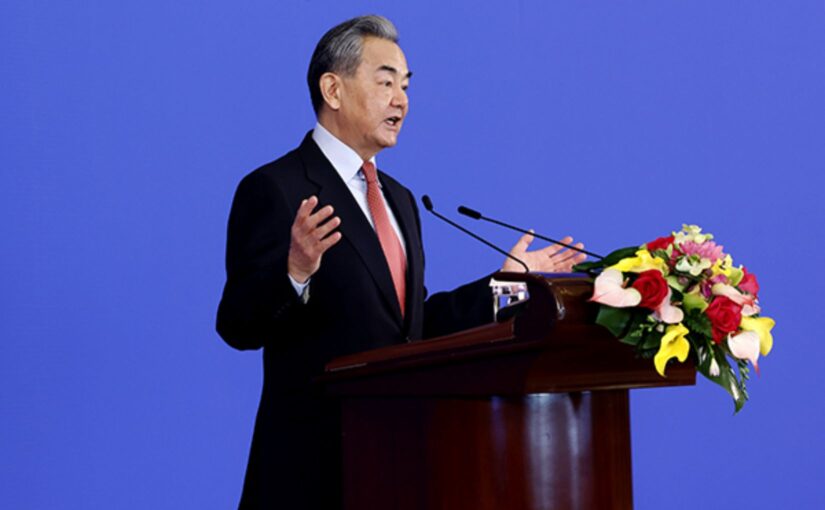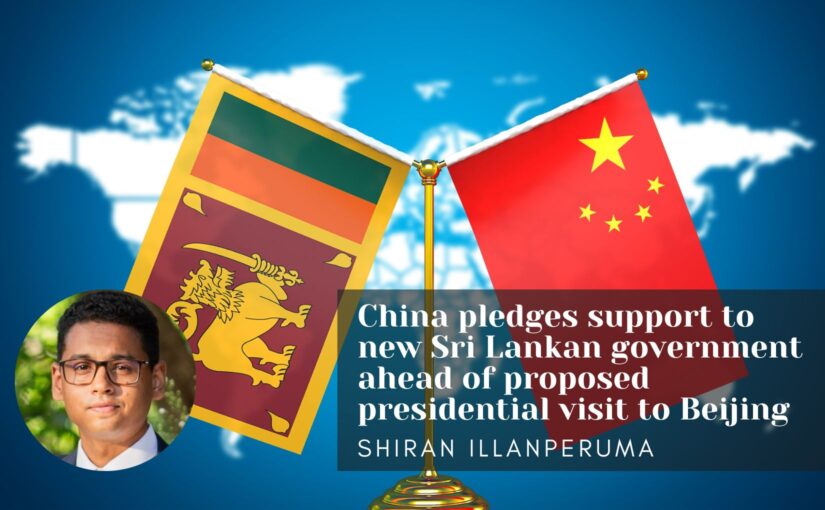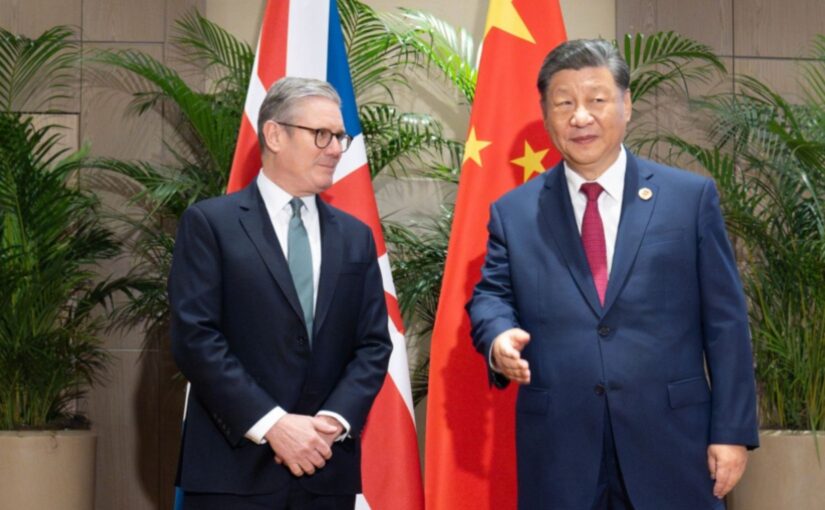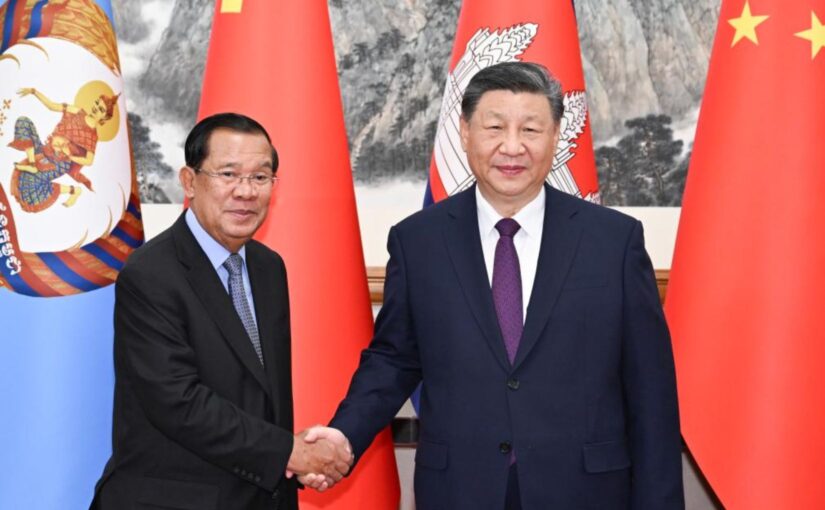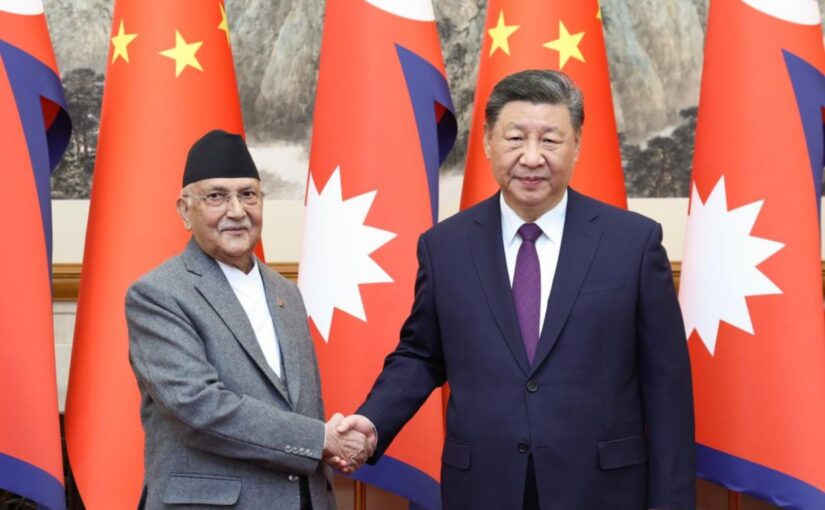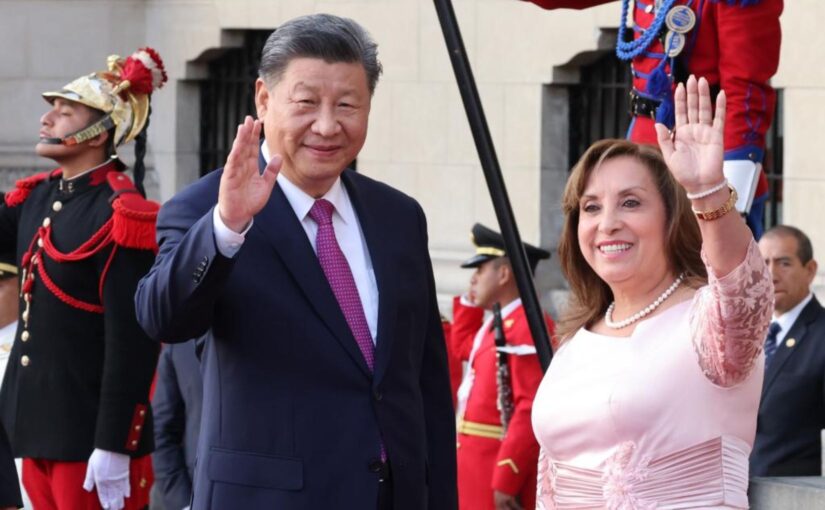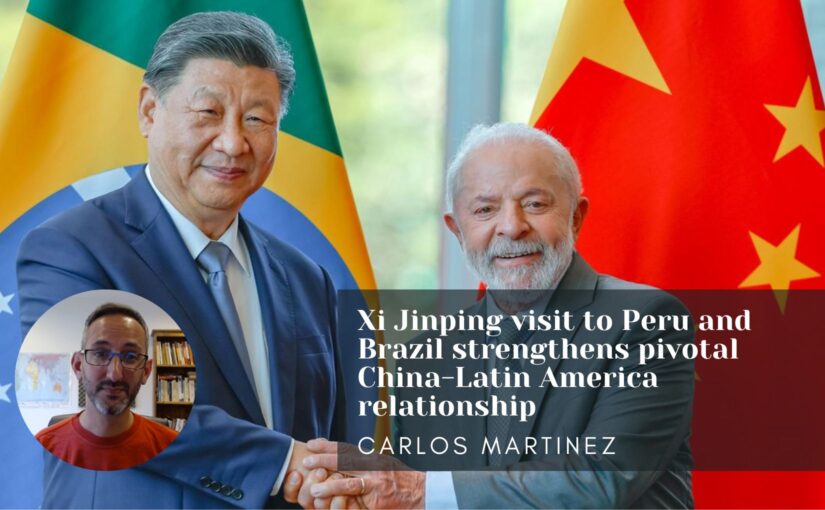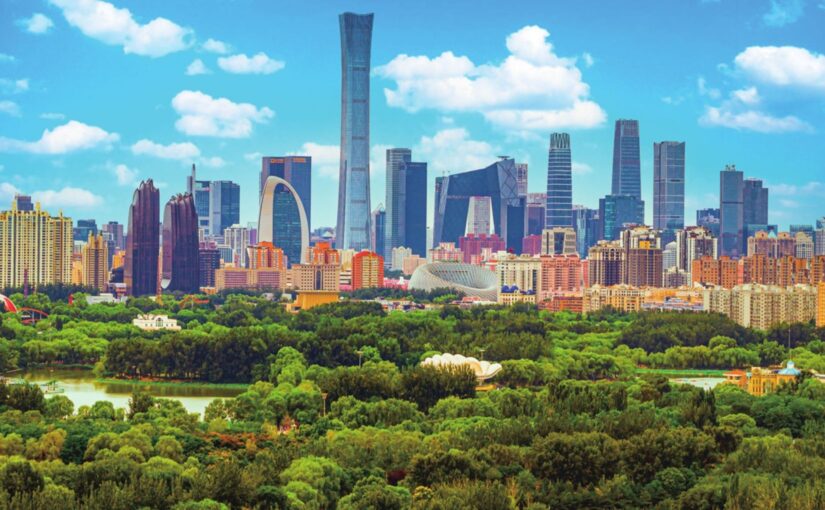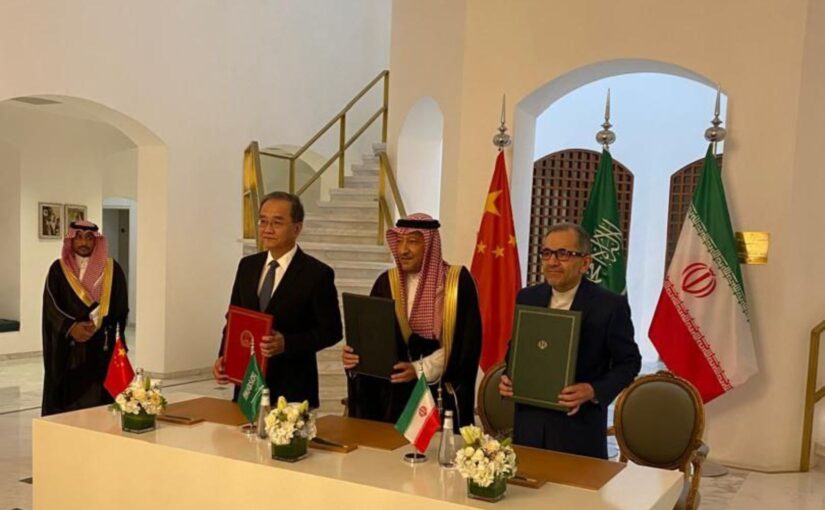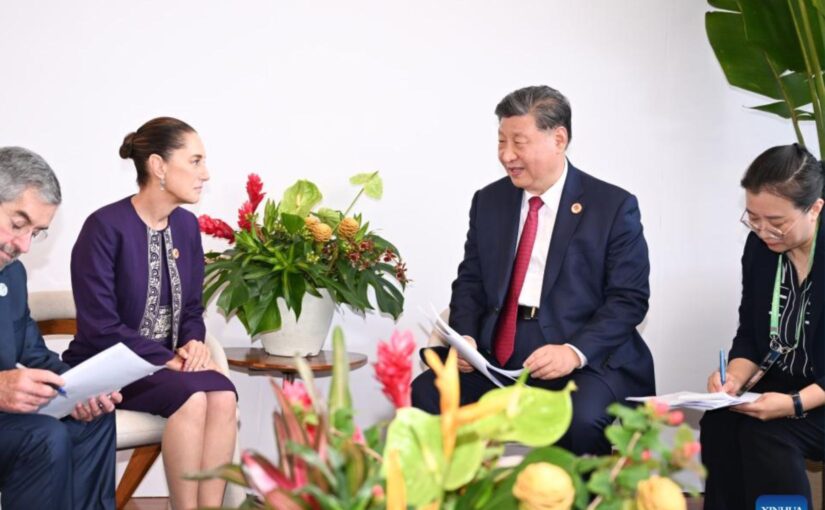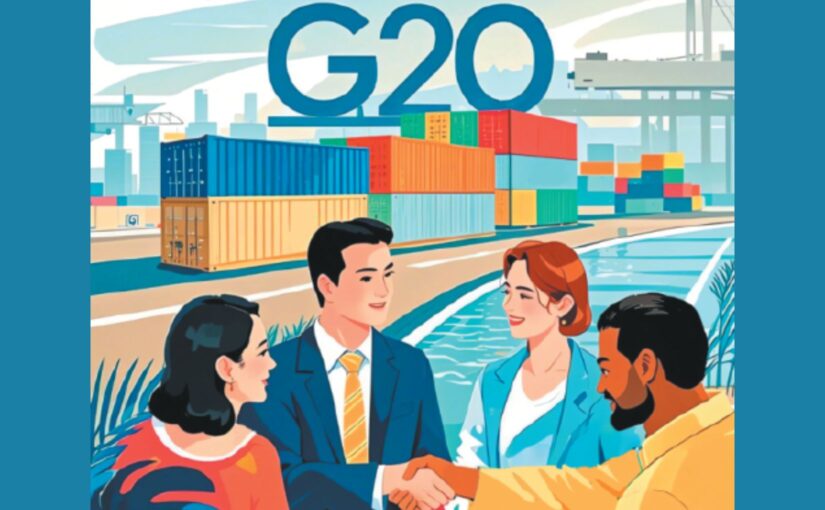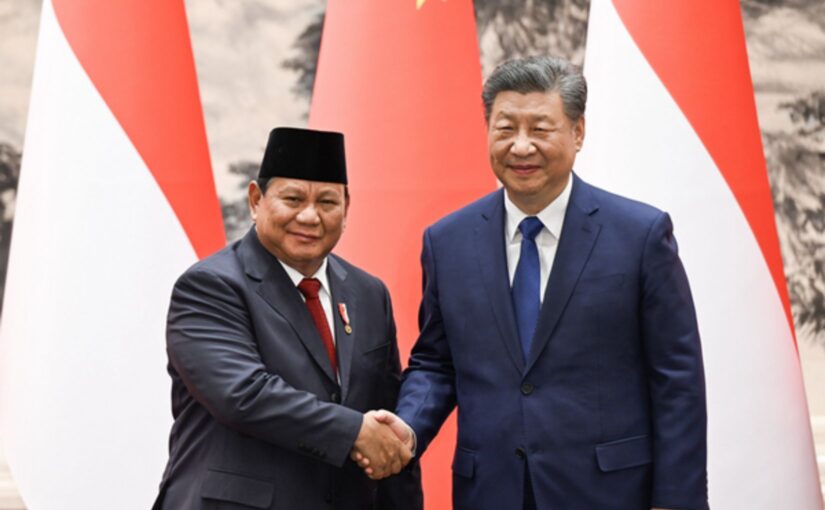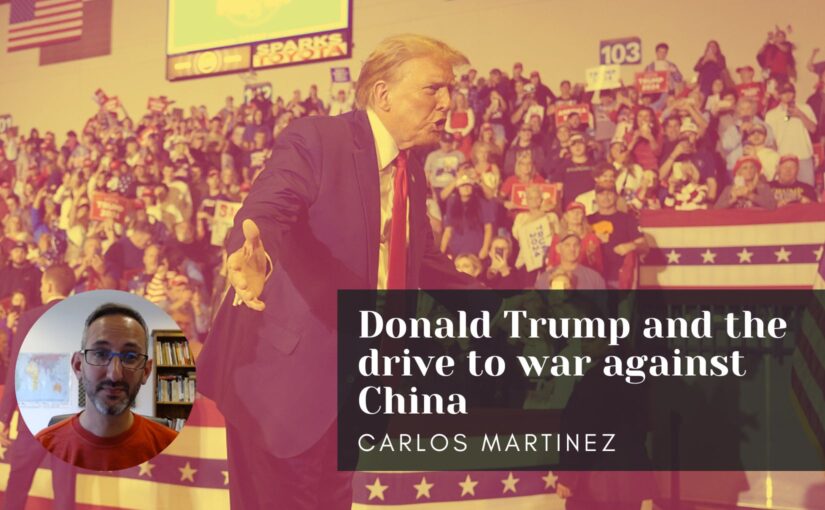Following his visit to Namibia, Chinese Foreign Minister Wang Yi next visited the Republic of Congo as the second leg of his Africa visit this January. In the 35th consecutive year that China’s foreign minister made Africa his first overseas destination, Wang also visited Chad and Nigeria.
The Republic of Congo (also widely known as Congo Brazzaville to distinguish it from the Democratic Republic of Congo or Congo Kinshasha) is one of China’s oldest and staunchest friends on the continent of Africa. The two countries established diplomatic relations on 22 February 1964.
Wang Yi met with Congo President Denis Sassou Nguesso on January 7.
Recalling that President Xi Jinping chose Africa for his first overseas trip as Chinese president in 2013, during which he made a historic visit to the Republic of Congo, Sassou said this visit remains vivid in his memory. The Chinese president, he continued, proposed 10 partnership action plans at the Summit of the Forum on China-Africa Cooperation (FOCAC) held in Beijing in September 2024, which cover all areas of China-Africa cooperation, focus on tackling Africa’s pressing challenges, and meet Africa’s needs.
Noting that this year marks the start of implementing the outcomes of the FOCAC Beijing Summit, Sassou said the Republic of Congo, as the FOCAC’s co-chair, will spare no effort in advancing the 10 partnership action plans and will strive for greater progress in China-Africa cooperation. (The Republic of Congo replaced Senegal as Africa’s rotating co-chair at the Beijing summit and will hold the position for three years.)
For his part Wang Yi said that Sassou is a renowned African politician and one of the African leaders who have visited China the most and met with President Xi the most, adding that the deep friendship between the two leaders serves as a vital political guarantee for China-Congo and China-Africa relations.
Calling the Republic of Congo a staunch friend and important partner of China, Wang praised the country’s vibrant development under Sassou’s leadership. China will remain the country’s most reliable friend and partner during its development and revitalisation journey, he said, adding that the Republic of Congo’s role as the FOCAC’s co-chair reflects Africa’s confidence in the country.
Speaking after their meeting, Wang said that China and the Republic of Congo had agreed to set an example for building an all-weather China-Africa community with a shared future for the new era. Noting that both sides agreed to continue upholding international fairness and justice, he said that the Chinese side appreciates the Republic of Congo’s unique role in international affairs and is willing to work closely with the country to support Africa in achieving peace and stability, addressing “climate injustice,” advocating for a balanced and orderly multipolar world, and promoting inclusive economic globalisation, so as to jointly build a community with a shared future for humanity.
In a press interview, when asked about the plans for China and the Republic of Congo, as FOCAC co-chairs, to implement the outcomes of the Beijing Summit, Wang said that FOCAC has played an important role in promoting Africa’s development and improving the livelihood of the African people. It has become a symbol of China-Africa solidarity and cooperation, a banner of South-South cooperation, and a model for leading international cooperation with Africa.
Over the 25 years since the forum’s establishment, China has helped Africa build 100,000 km of roads, more than 10,000 km of railways, nearly 1,000 bridges, and almost 100 ports. In the past three years alone, China has created more than one million jobs in Africa.
The forum has also launched numerous livelihood projects in Africa, including initiatives focused on food, water supply, and education, benefiting people across the continent. His current visit aims to collaborate with the Congolese side to build consensus on enhancing and upgrading cooperation within the forum. Together, he explained, China and the Republic of Congo have formulated a “timetable” and “roadmap” for the development of the forum over the next three years.
This year, the focus will be on holding a ministerial-level meeting to coordinate and accelerate the implementation of the forum’s outcomes to deliver more “early harvests.” Next year, the two sides will jointly mark the 70th anniversary of China-Africa diplomatic relations and “the China-Africa Year of People-to-People Exchanges” through joint events. The 18th senior officials’ meeting will accelerate the mid-term implementation of summit outcomes. In 2027, preparations for the 10th ministerial conference will serve as a driving force to ensure the comprehensive implementation and conclusion of summit outcomes.
Congo will host the 2027 FOCAC Summit.
The South China Morning Post noted that among the agreements reached at the last FOCAC Summit were measures to boost trade, economic and diplomatic relations, as well as military cooperation and strengthening of party-to-party relations, in addition to Xi’s funding commitment for the continent. These included zero tariffs on 100 per cent of goods from Africa’s least developed countries, as well as major land and sea connectivity projects.
Wang Yi also said that China will work with African countries to build the “Africa Solar Belt” program and help Africa truly embark on the path of green and low-carbon development.
When asked about how China and Africa jointly address climate change, Wang said that President Sassou’s high attention to the issue of climate change reflects the foresight of African leaders, adding that China has always supported Africa in achieving green development as the installed capacity of photovoltaic power plants built jointly has exceeded 1.5 GW, lighting up thousands of homes across the continent. China will also join hands with Africa to promote international climate governance, he added.
Noting that fair and common but differentiated responsibilities should be adhered to, Wang called on developed countries to face up to their historical responsibilities, earnestly fulfil their obligations, and provide financial, technical and capacity-building support to developing countries, especially African countries.
Wang Yi also held talks with his Congolese counterpart, Foreign Minister Jean-Claude Gakosso, pledging to implement the outcomes of the Beijing FOCAC Summit.
Describing the Republic of Congo as a steadfast friend of China, Wang said that the two countries have shared an unbreakable bond for more than 60 years since the establishment of diplomatic ties, which is characterised by consistent mutual understanding and support in the face of challenges.
As co-chair of FOCAC, the Republic of Congo reflects the high-level partnership between the two nations and embodies the aspirations of the African continent, Wang said, expressing his confidence in the Republic of Congo’s active fulfilment of its responsibilities as chair, contributing to the implementation of the FOCAC Beijing Summit’s outcomes and advancing China-Africa cooperation. These efforts, he added, will not only strengthen the Republic of Congo’s development but also enhance its international influence.
The South China Morning Post reported that Foreign Minister Gakosso has said Chinese funding could rehabilitate the country’s electricity infrastructure and upgrade the 512km (318 miles) Congo–Ocean Railway linking the Atlantic port of Pointe-Noire with the capital Brazzaville.
The following articles were originally published by the Xinhua News Agency.
We also embed a short extract from a CGTN Leaders Talk interview with President Sassou Nguesso, recorded in Brazzaville on February 23 last year, one day after the 60th anniversary of diplomatic relations.
Asked for the reasons behind his country’s long-lasting relations with China, Sassou says that both the Chinese and Congolese peoples have suffered from oppression and colonisation in the past and both have fought for liberation. “Our shared aspirations for freedom and development unite us. Initially it was about shaking off colonial rule and occupation and later it was about building a future of peace, freedom and development together.”
Continue reading China will remain a reliable friend and partner to the Republic of Congo